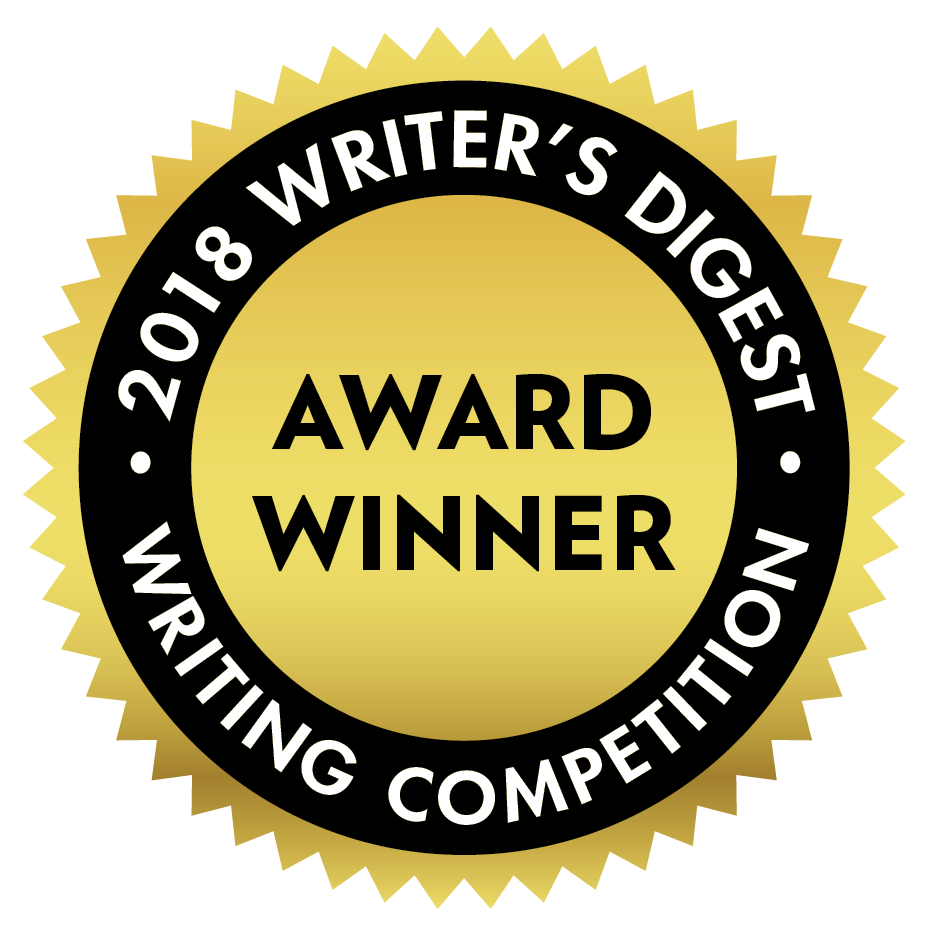I love words. We couldn’t get along without them, of course, and most people don’t think anything special about words. As a reader and writer, however, I think words can be magical. I read once that every story has been told, but it hasn’t been told the way YOU would write it. Whether that’s true or not, I don’t know, especially when I think about speculative fiction, which sure seems new to me.
I subscribed to the word-a-day emails from dictionary.com recently. About 40-50% of the words they send are new to me. When I received the word-of-the-day “irenic” on November 17, it made me laugh. Are the “word-senders” keeping up with current events? Most likely everyone is aware of our recent presidential election in the States and everything that has happened before and since. Some of the words-of-the-day seem fitting. Irenic means to promote peace or reconciliation. We sure need that now!
Check out these other words:
October 31 – eldritch – eerie, weird, spooky
November 1 (2 days before election) – agonist: a person who is torn by inner conflict.
November 3 (election day) – public–spirited: having or showing an unselfish interest in the public welfare.
November 4 – tarriance: delay.
November 5 – perfervid: very fervent, extremely ardent, impassioned.
November 6 – garboil: confusion.
November 7 (the day the election was called) – ex libris: bookplate.
I was surprised to see this word; it has nothing to do with current events.
Other words for November
duplicitous: marked or characterized by deceitfulness.
fidelity: loyalty.
volte–face: reversal of opinion or policy.
willyard: obstinate, willful.
One of my favorites this month, not because of the meaning but because of the way it looks and sounds, is zeitgeber. The definition is an environmental cue, such as the length of daylight or the degree of temperature that helps to regulate the cycles of an organism’s biological clock.
My long-time favorite word is onomatopoeia, pronounced on-uh-mat-uh–pee–uh. I can never spell it correctly, but I think it’s fun to look at with all the vowels. It means a word that imitates the natural sounds of a thing, like buzz, hiss, cuckoo.
Do you have a favorite word?
#



 Posted by Theresa Henige
Posted by Theresa Henige 










